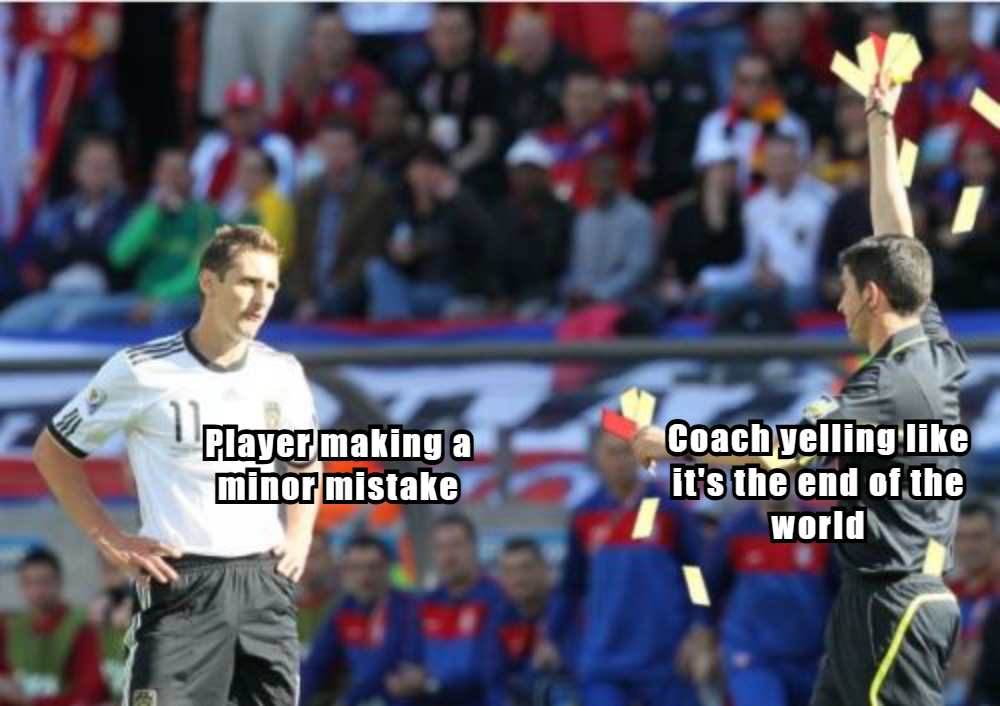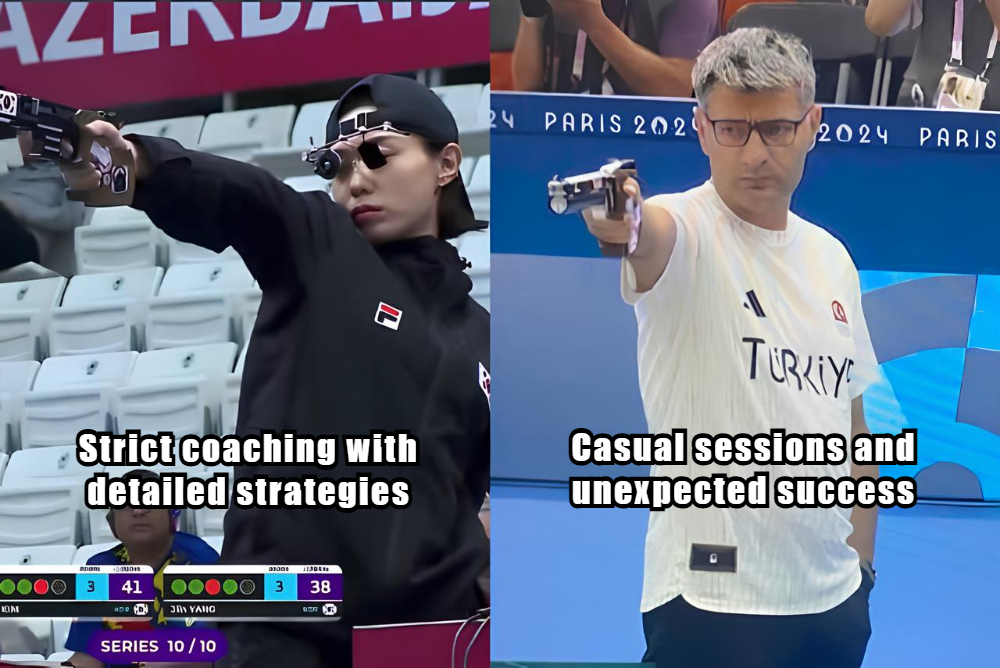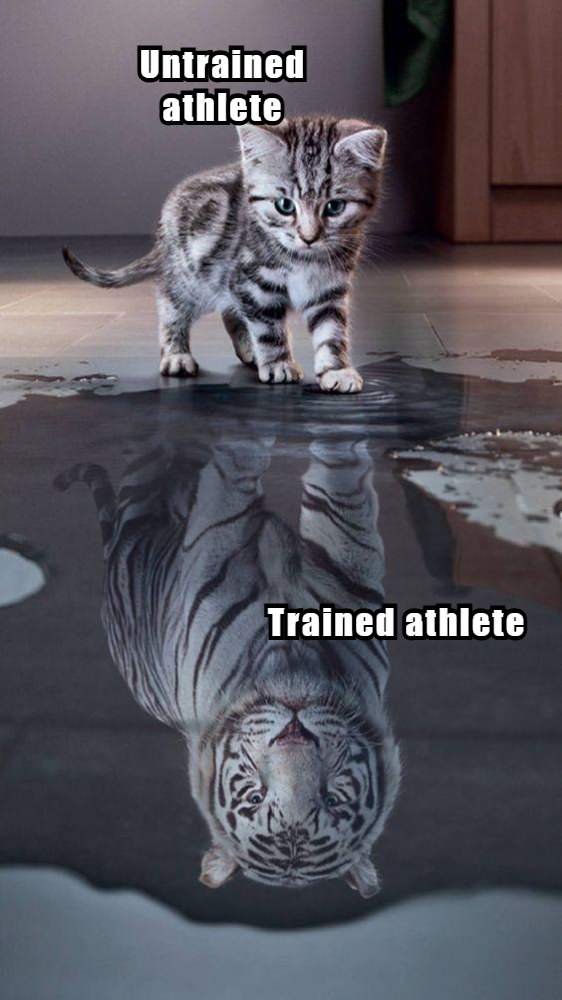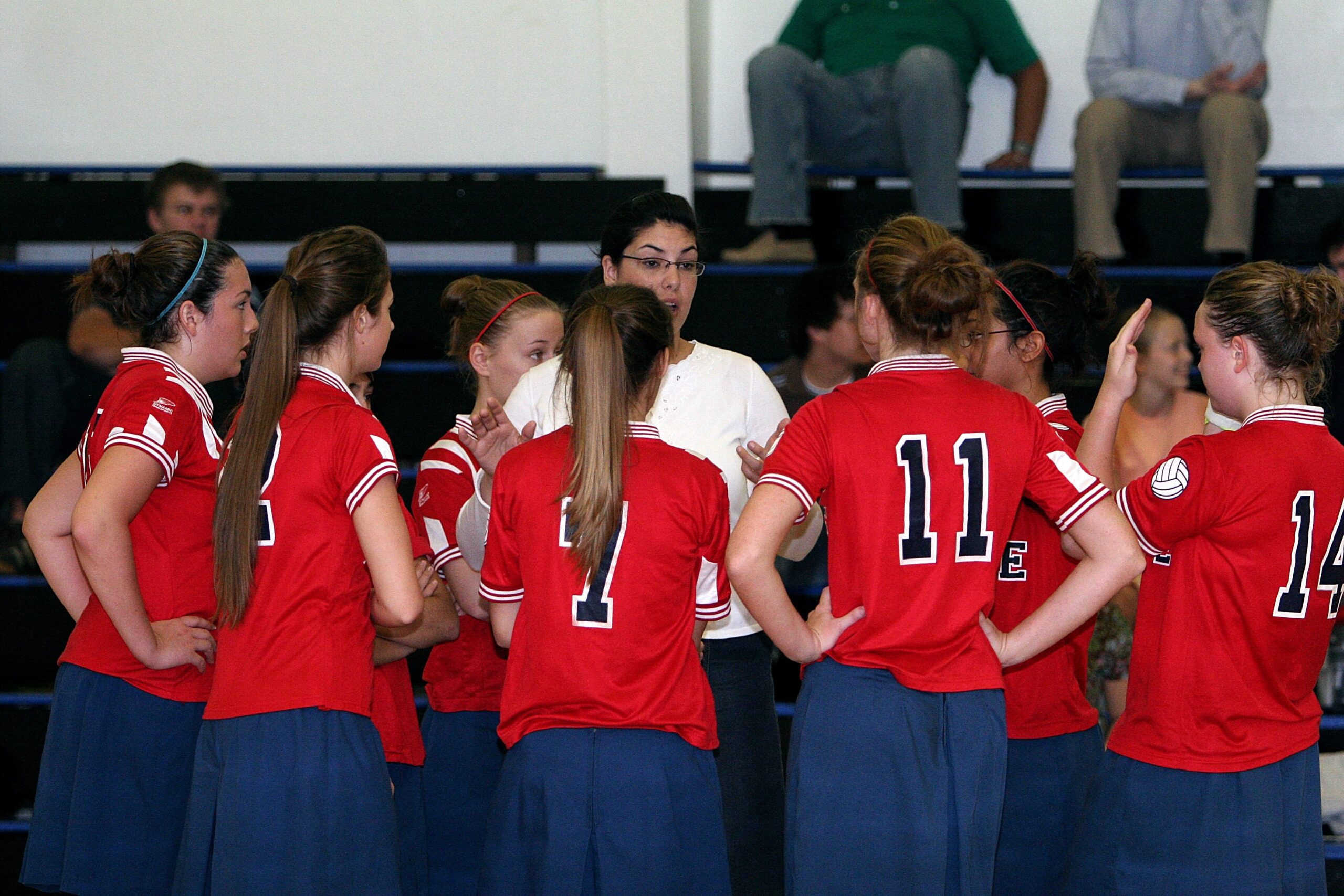Sports coaching in the USA is very important in forming future players, as it has been practiced in many trends and success stories, as outlined in various recent research and reports. Sports coaching USA, beyond teaching athletic skills and strategies for games, transcends into much more impact.
Evolution of Sports Coaching in the USA
Sports coaching has dramatically transformed from what it is in the United States today to what it was years back. From a rather result-oriented approach, the coaching model has transitioned into a much more holistic approach where the development of the athlete is taken into consideration.

Historical Perspective
In the early stages of sports in the US, winning the games was the coach’s concern and developing the body of the students. As we know more about the psychology of sports and better athlete development, our strategies of coaching are improved over time to make it a well-rounded concept.
New Approach of Sports Coaching US
Now, the most important elements that have become an integral part of sports coaching in the United States are:
- Rounded development of athletes
- Emotional and mental wellness
- Positive character development
- Long-term athletic development
- Injury prevention and recovery
These contemporary philosophies of coaching base the athlete on their ability to function both on and beyond the playing field.

Role of Coaching in Athlete Development
Coaching shapes the future athletes in the following essential aspects:
Physical Development
A coach defines and implements training programs that build an athlete’s physical ability. These include:
- Strengthening and conditioning
- Training on speed and agility
- Sport-specific Skill Development
- Injury-Preventing Exercises
Well-planned training has been proven to enhance athletic performance and reduce the risk of injury.
Psychological and Emotional Development
Recently, psychological development has become an important focus in USA’s sports coaching. Coaches aim to build the following elements of mental and emotional strength:
- Mental strength: The ability to perform under stressful conditions or according to his circumstances
- Confidence: Faith or belief about self-capacity and capability
- Concentration: Ability to concentrate or focus on the objective
- Emotional control: Ability to control emotions during competition.
Research has indicated that athletes trained in mental skills will be performing at a higher level with reduced anxiety during competition.

Character Building
Most coaches in the USA appreciate the effect of building character and values in young athletes. They focus on:
- Sportsmanlike behavior and fair play
- Teamwork and team cooperation
- Leadership skills
- Accountability and responsibility
These are characteristics that are also beneficial for improving athletic performance but make the athlete prepared and well-equipped when he leaves to enter into life after sports.
Coaching Styles and Their Effect
There are various styles of coaching that may affect the athletes in different ways. Some of the most common styles of coaching in the USA include the following:
Coaching Style |
Description |
Impact on Athletes |
| Authoritarian | Strict, rule-oriented approach | It can lead to high performance but may stifle creativity and autonomy |
| Democratic | Collaborative involves athletes in decision-making | Promotes independence and problem-solving skills |
| Holistic | Focuses on the overall development of the athlete | Encourages well-rounded growth and long-term success |
| Transformational | Inspires and motivates athletes to reach their full potential | Fosters strong coach-athlete relationships and personal growth |
It is likely that a combination of these approaches, adapted to the needs of individual athletes, will prove effective in developing future athletic talent.

The application of technology in modern sports coaching
Technology has changed the sports-coaching landscape in the USA, equipping coaches with a treasure trove of powerful tools for athlete development:
Performance Analysis
Modern video analysis software will enable the coach to deconstruct an athlete’s technique down into fantastic detail, improvements that cannot be seen with the naked eye.
Wearable Technology
GPS trackers, heart-rate monitors, and accelerometers provide real-time data the coaches can use to really ensure more specified improvement in training and recovery strategies.
Virtual Reality (VR) and Augmented Reality (AR)
This technology is increasingly used in developing simulation training environments in which the athlete can practice his decision-making and his tactical skills under absolutely realistic conditions but in the absence of the physical demands of the game itself.
Data Analytics
Sophisticated data analysis tools enable coaches to track long-term trends in athlete performance, and hence, risks of injury. Coaches are able to utilize data to make informed decisions concerning the strategies of training and competition.

Challenges in Sports Coaching USA
Even though there have been excellent coaching techniques and technologies, sports coaching is a very difficult place in the USA in the following areas:
Overtraining and Burnout
The will to perform leads to overtraining and burnout for children. Coaches should strike a balance between the desire to compete and also have sufficient rest and recovery time.
Early Specialization
The evidence indicates that early sport specialization is associated with a higher risk of injury, premature burnout, and an ultimate loss of overall athletic identity and participation. There is a growing need for participation in multiple sports at the youth levels, supported by coaches.
Equity and Inclusion
Equitable access to education and certification for all coaches will remain a challenge, particularly involving youth and amateur coaches.
Creating an inclusive coaching environment to ensure athletes from all walks of life, abilities, and identities is an ongoing challenge in American sports.

The Future of Sports Coaching in the USA
As sports coaching in the USA progresses, some trends are likely to shape its future in the following ways.
- Mental health will have to take greater precedence: Coaching will become a field that requires coaches not only being attuned to the athletes’ mental health but also taking the best practices to create a favorable mental wellness setting.
- Personalized coaching: The capability to train more customized training programs according to personal requirements and goals will be better supplemented by technology and big data.
- Focus on life skills: Coaches will focus more on providing the transferable skills that are more relevant to the players after their sporting career.
- Sports science and coaching: Coaches must engage and collaborate more with sport scientists to have a better evidence-based approach in coaching.
- Adaptive Coaching techniques: Coaches will need to be adaptive in their application to reflect the progress these new generations of athletes hold and continue to evolve with.
Conclusion
Coaching sports in the US is a significantly important activity that will mold future athletes. The adoption of holistic approaches and use of technology tools and directly dealing with related issues will help improve not only successful athletes but perfectly prepared people ready to win on both the field and off it.
The future of sports coaching in America promises much as methodologies and technologies continue to advance. As one would think, moving forward in this field, coaches will need to be flexible, continue their education, and always give the welfare of the athletes the utmost importance.
This means that sports coaching in the USA is going to be in an excellent position to continue churning out world-class athletes who not only excel in their chosen fields but also as individuals in society because it has remained focused on holistic development of the athlete, embracing innovation in coaching techniques, and attending to the challenges within the field.

